Absorbing media and assimilating it into your existing knowledge is a challenge, and this is a concern when the media is full of big, scary headlines about artificial intelligence (AI) taking over the world, stealing jobs, and being sentient. As teachers and parents, you don’t need to know all the details about AI to answer young people’s questions, but you can avoid accidentally introducing alternate conceptions. This article offers some top tips to help you point those inquisitive minds in the right direction.
Via John Evans



 Your new post is loading...
Your new post is loading...

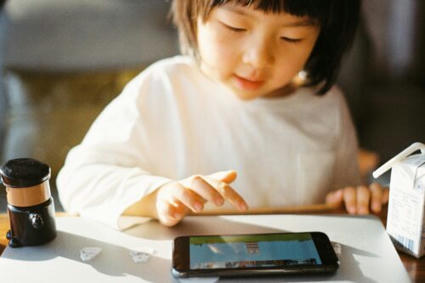

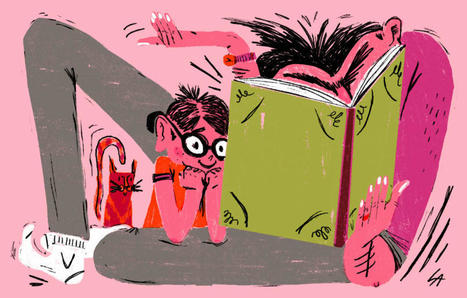

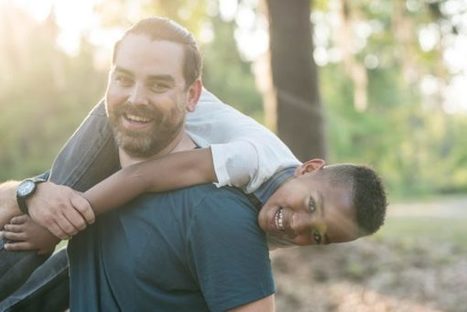



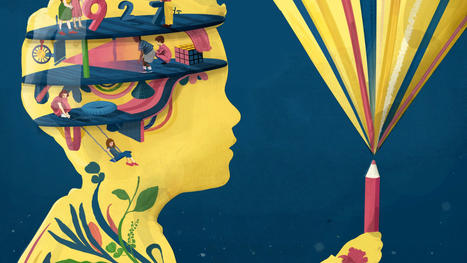




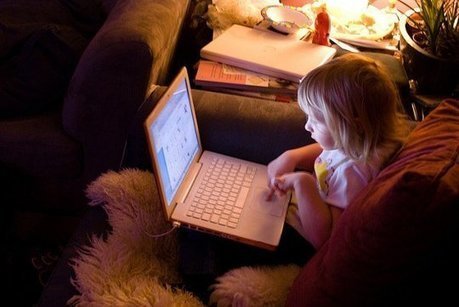







Absolutely! One way to talk to young children about AI is to compare AI to things they are familiar with, like a smart assistant on a device... focus on how AI can be helpful, like in video games, voice assistants, or learning apps... however, it is fundamental to clarity that AI does NOT have feelings, thoughts or creativity, it ONLY follows instructions based on specific data.